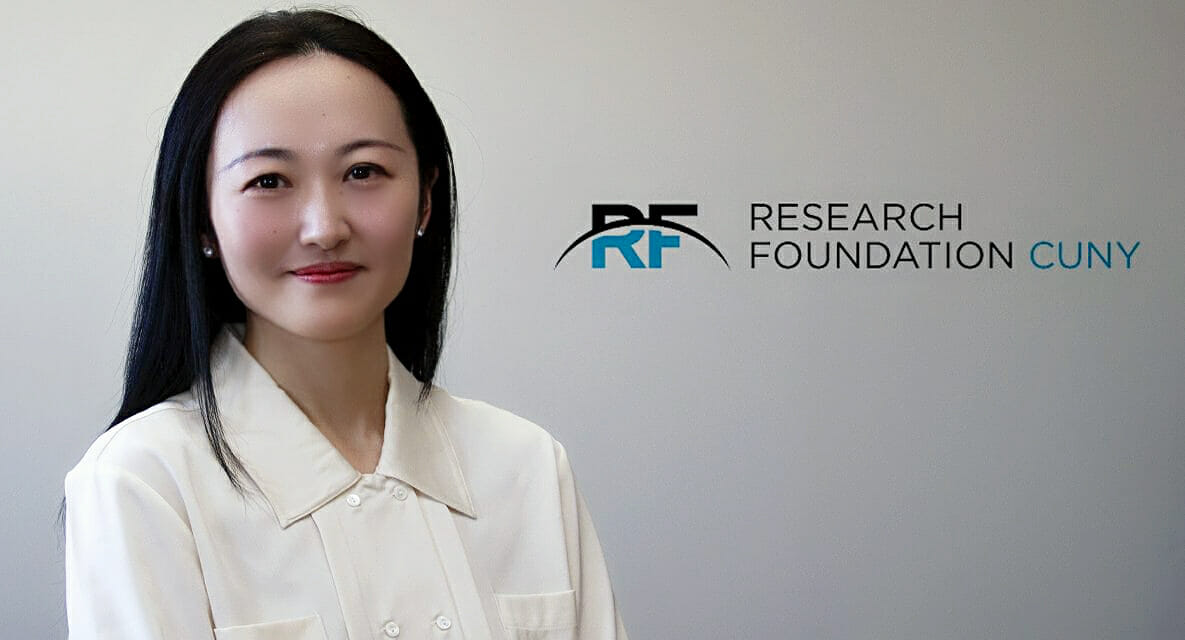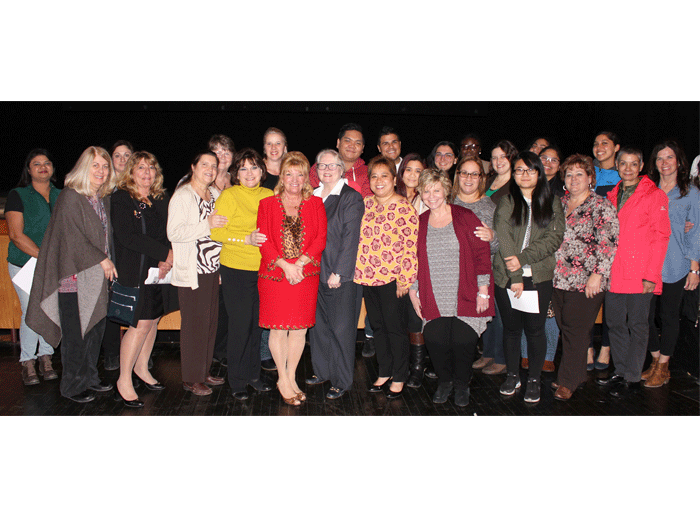The development of Computational and Digital Literacies is increasingly present in CSI’s School of Education, with CUNY’s support.
Led by Dr. Ting Yuan, Assistant Professor of Curriculum and Instruction, a team of seven faculty members at CSI’s School of Education, consisting of Dr. Liqing Tao, Dr. Marta Cabral, Dr. Stephanie Schmier, Dr. Rebecca Curinga, Steven Azeka, and Alanna Gibbons, have been enacting innovative computational integration across five disciplines in teacher education since summer 2022. Among them, Dr. Yuan serves on the CUNY Faculty Consortium for Computing Integrated Teacher Education and Dr. Marta Cabral has been appointed as a 2022-2023 CUNY Computational Research Faculty Fellow.
As a team, they were just awarded a $25K grant by the CUNY Research Foundation for their research entitled Interdisciplinary Journeys of Teaching and Learning in Computational Literacies: Collaborative Autoethnography of Seven Teacher Educators. In addition, Dr. Yuan was awarded a grant of $12K for another related research project entitled The Meaning of Our Names: Transcultural, Translanguaging Learning via Computational Storytelling. Over the next three years, the faculty team will continue to work on equitable computational integration in teacher education by bringing innovative teaching and research to CSI and beyond.
Commenting on the awards, Dr. Yuan said, “Receiving the grants is an affirmation of the important work that I do with my colleagues on equitable pedagogies of computational literacies at CUNY.”
Dr. Yuan explained the importance of the studies for current and future educators. “Both studies help address the digital and computational-thinking divide for college students, a gap between those who can and cannot access the Internet and computing education. Such inequitable access has been found in research regarding gender, racial/ethnic group, and socioeconomic status. It’s the drive for our work. My SOE colleagues and I will be working on the first grant (Interdisciplinary Journeys of Teaching and Learning in Computational Literacies) by teaching and researching computational literacies in the disciplines of art, math, science, literacy, and TESOL teacher education. We aim to develop equitable pedagogies that can be applied to teacher education within and beyond CUNY and further contribute to in-service teachers’ classroom teaching under the New York State K-12 Computer Science and Digital Fluency Standards.
“The second CUNY RF grant (The Meaning of Our Names) is specifically about the teaching and learning of computational storytelling via children’s visual programming software,” she noted. “By connecting technology and literacy, I aim to bring together preservice teachers’ name stories, family histories, and multilingual repertoires in their storytelling by utilizing the affordances of visual programming. The project continues to address the notable digital and computational-thinking divide, as well as affirm and sustain students’ cultural and linguistic knowledge as strengths in the higher education classroom.”
This summer, Dr. Yuan and her colleague Steve Azeka will be welcoming and teaching a cohort of 40 in-service teachers in their newly developed CSI mini-certification program named “CSin6” on computational teacher education. In addition to the direct benefits that these initiatives bring to CSI students, they further strengthen relationships with the broader CUNY context and with the local public schools with which CSI’s School of Education collaborates.
By Ting Yuan and Terry Mares

















